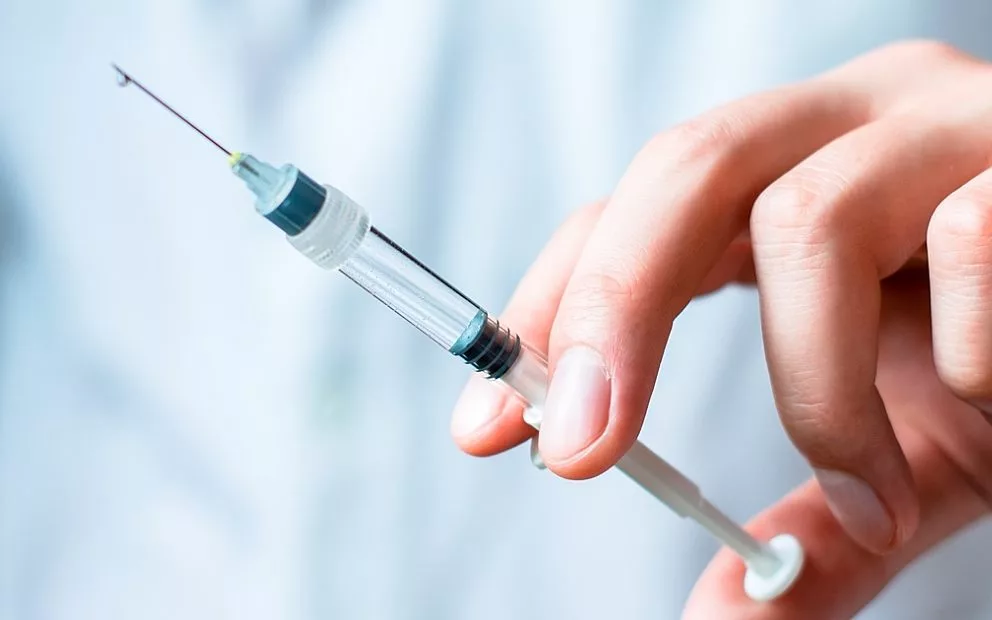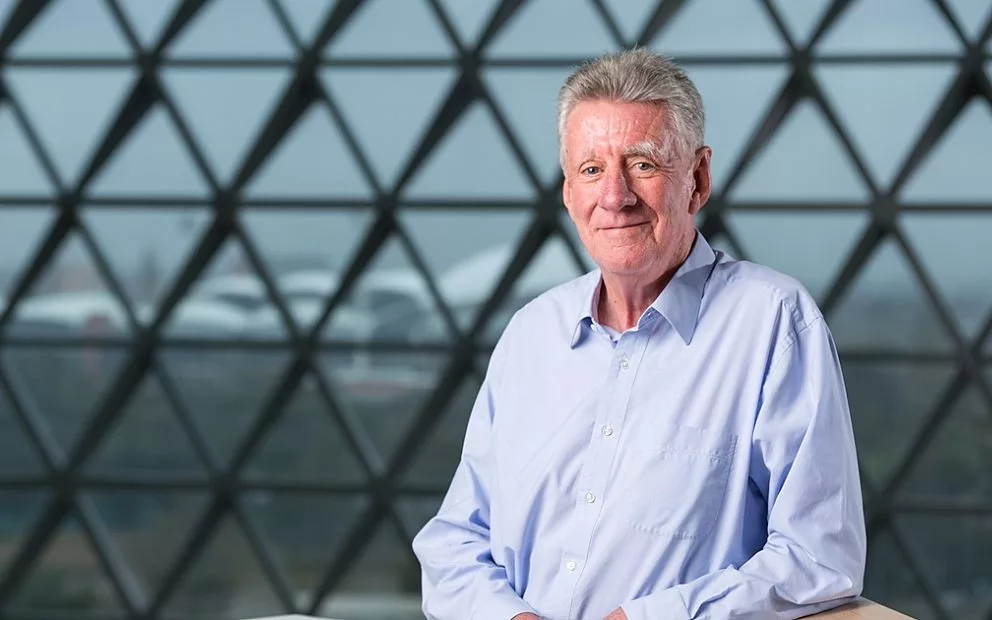South Australian researchers are leading a landmark international trial injecting ‘good’ cholesterol into patients to see if it shrinks heart plaque caused by ‘bad’ cholesterol.
The trial is recruiting more than 300 people in five countries and last week injected the first volunteer with ‘good’ cholesterol known as HDL.
Volunteers will have ultrasounds at the start of the trial, be injected for three months, then have another ultrasound to see if the HDL shrinks plaque building up in their arteries putting them at risk of a heart attack and stroke.
If it shows promise, the project would then move on to a much wider — and more expensive -trial recruiting thousands of volunteers with the potential to deliver a new therapy saving hundreds of lives and potentially worth millions of dollars.
The Heart Health Theme based at the South Australian Health and Medical Research Institute (SAHMRI) is leading the trial.
Theme leader Professor Steve Nicholls said the ‘bad’ cholesterol known as LDL builds up plaque deposits that clog arteries, potentially causing heart attack and stroke.
“However, HDL has properties that are good — there are indications it can actually remove bad cholesterol,” he said.
“We think we can use it to shrink plaque.
“If we are able to demonstrate that over the course of a few months of treatment it shrinks plaque we can take it to a much bigger trial — this is the intermediate step before proceeding to a more expensive trial.
“We have just begun recruiting patients.”
SAHMRI is running the trial and will analyse the data from patients recruited from Australia, the United States, Hungary, the Netherlands and potentially the United Kingdom.
Industry partners are involved, with the hope of a novel drug therapy that will be in demand by millions of people around the world.
In other groundbreaking news for South Australians at risk of heart attack, SAHMRI researchers plan to use the facility’s $4 million cyclotron — a particle accelerator which creates radioactive tracers — to examine heart plaque.
It will allow researchers to distinguish the more benign ‘cold’ plaque from the growing ‘hot’ plaque putting patients at higher risk of a heart attack, leading to tailor-made care based on each individual’s situation.
Featured in The Advertiser on Thursday, 10 September 2015.
PLEASE NOTE: Participants are unable to volunteer for this study, strict eligibility criteria applies.



